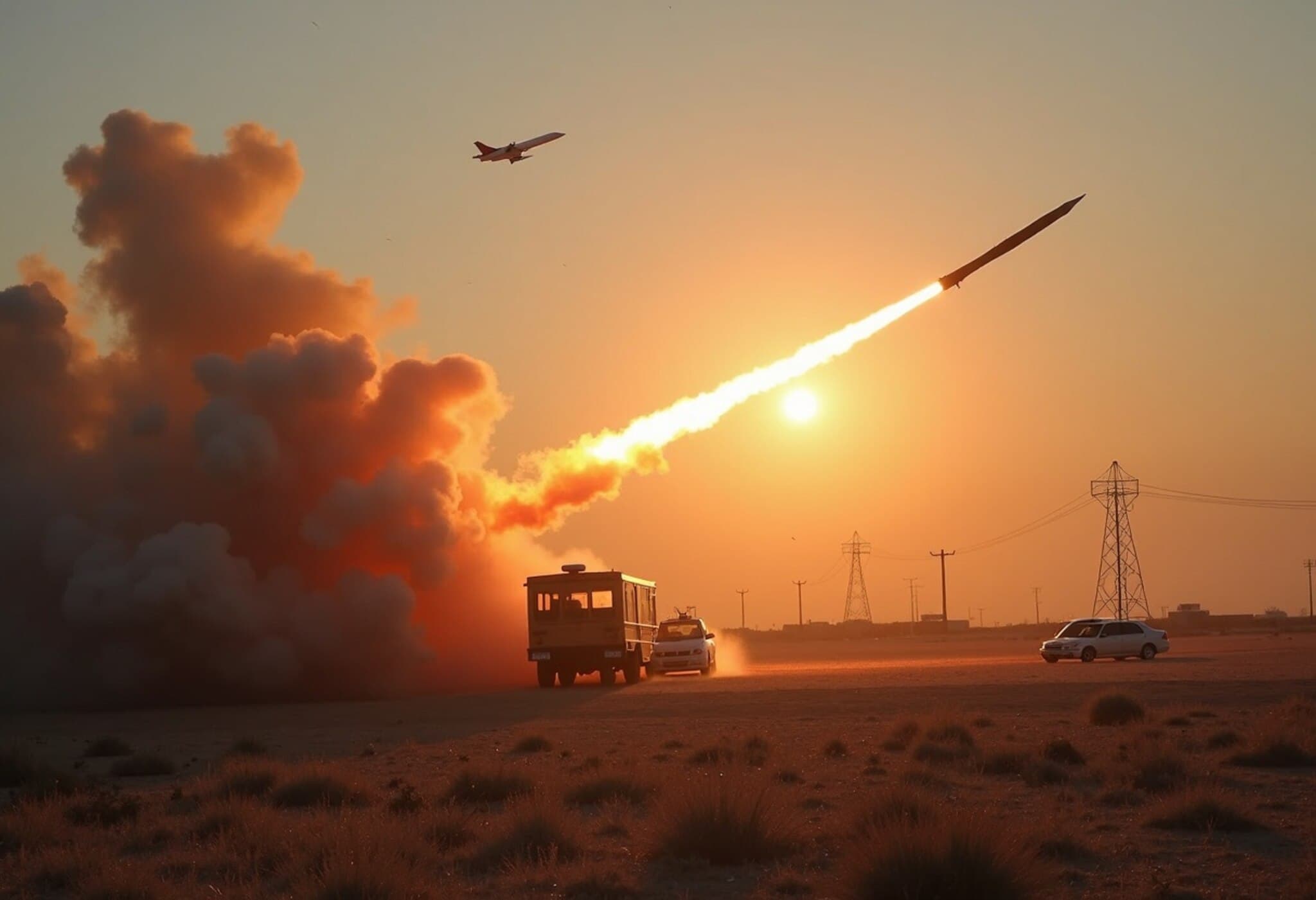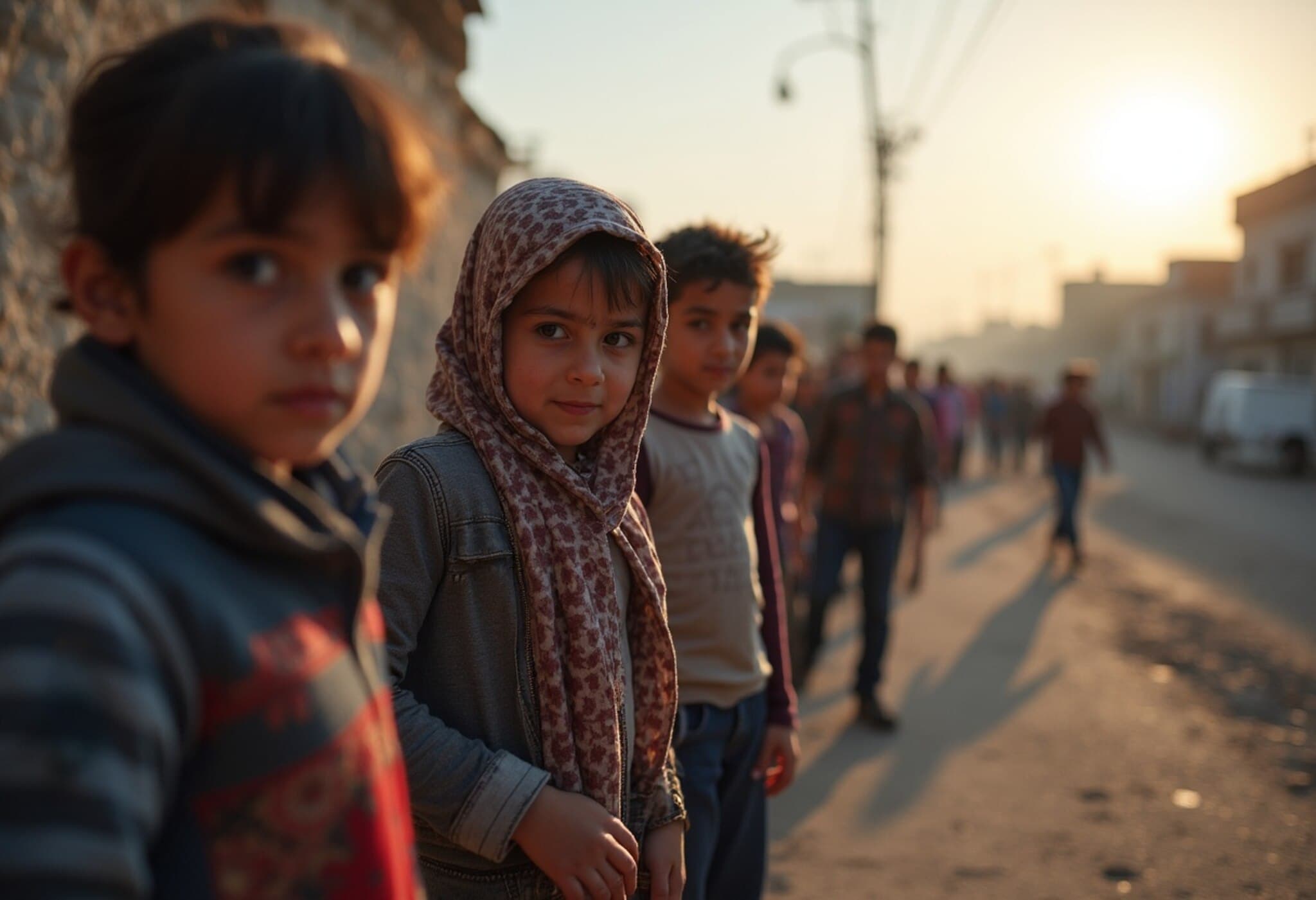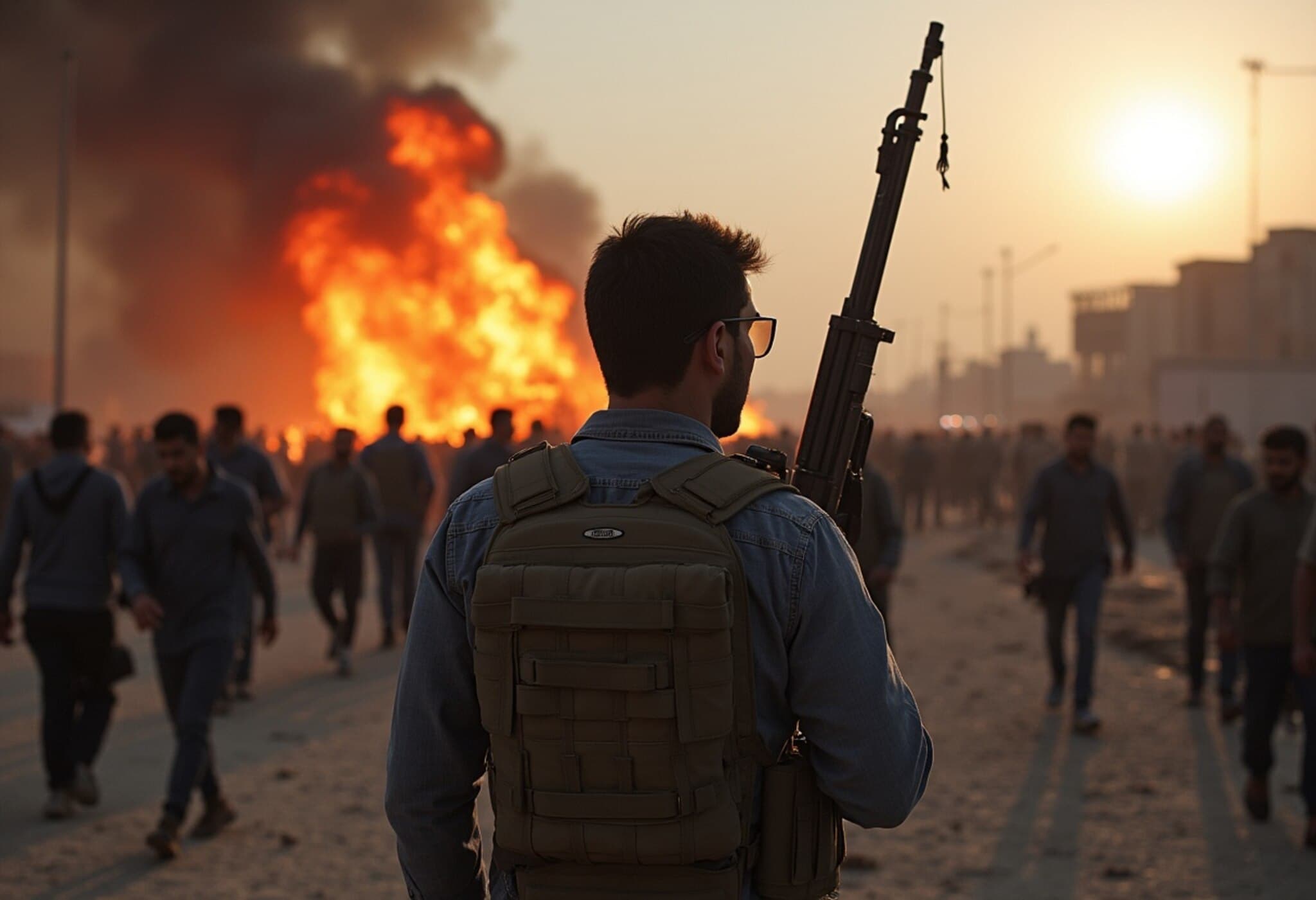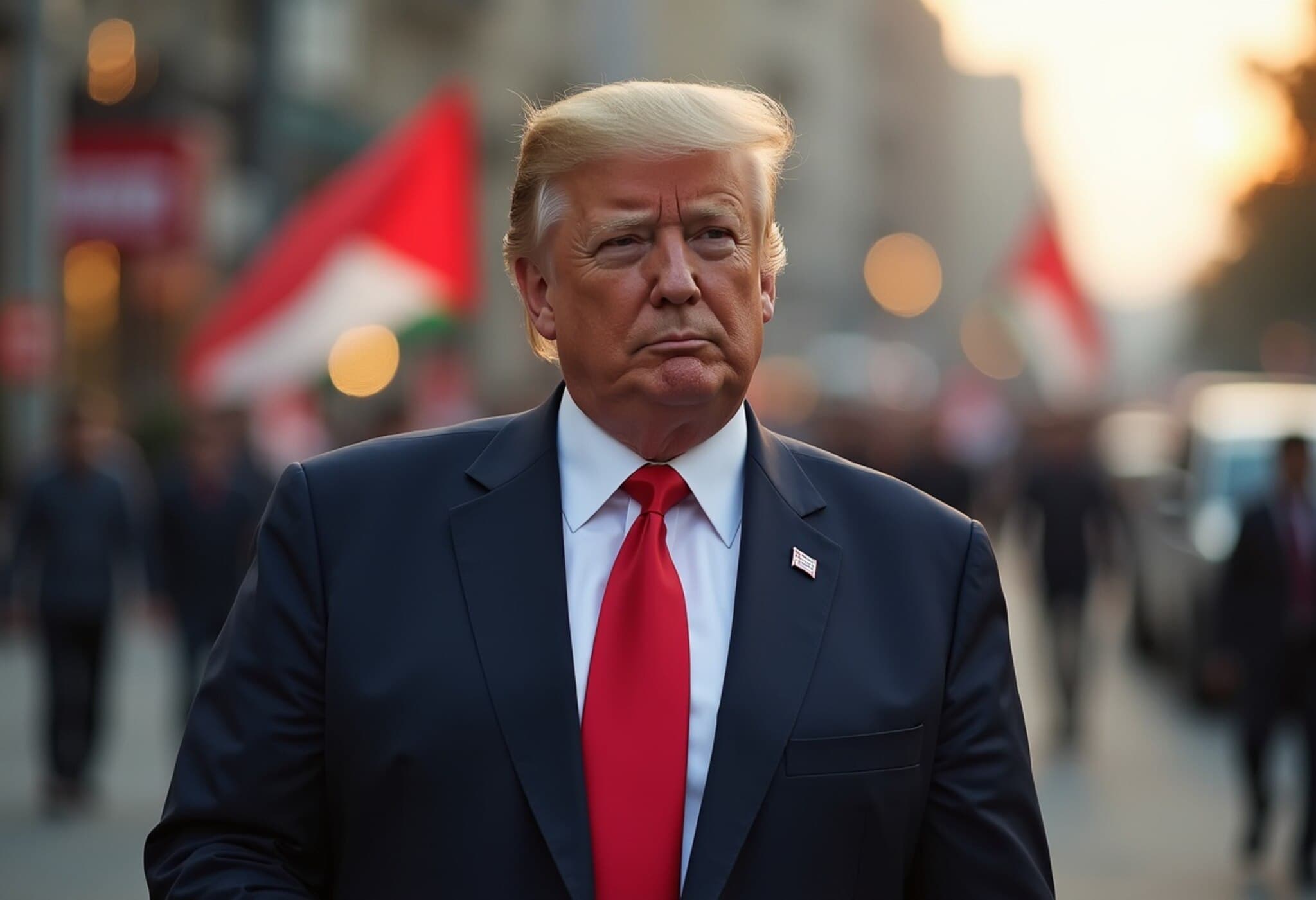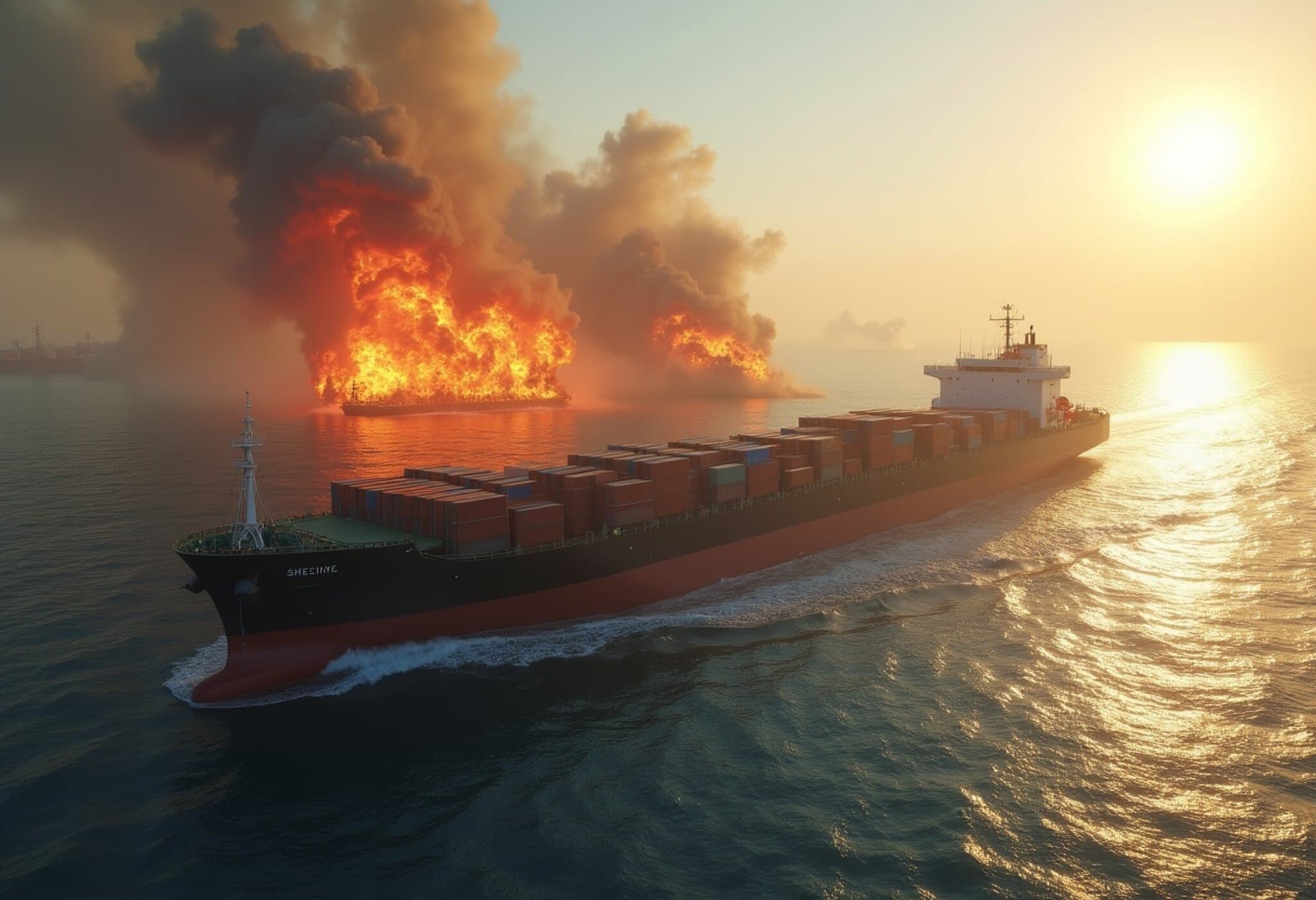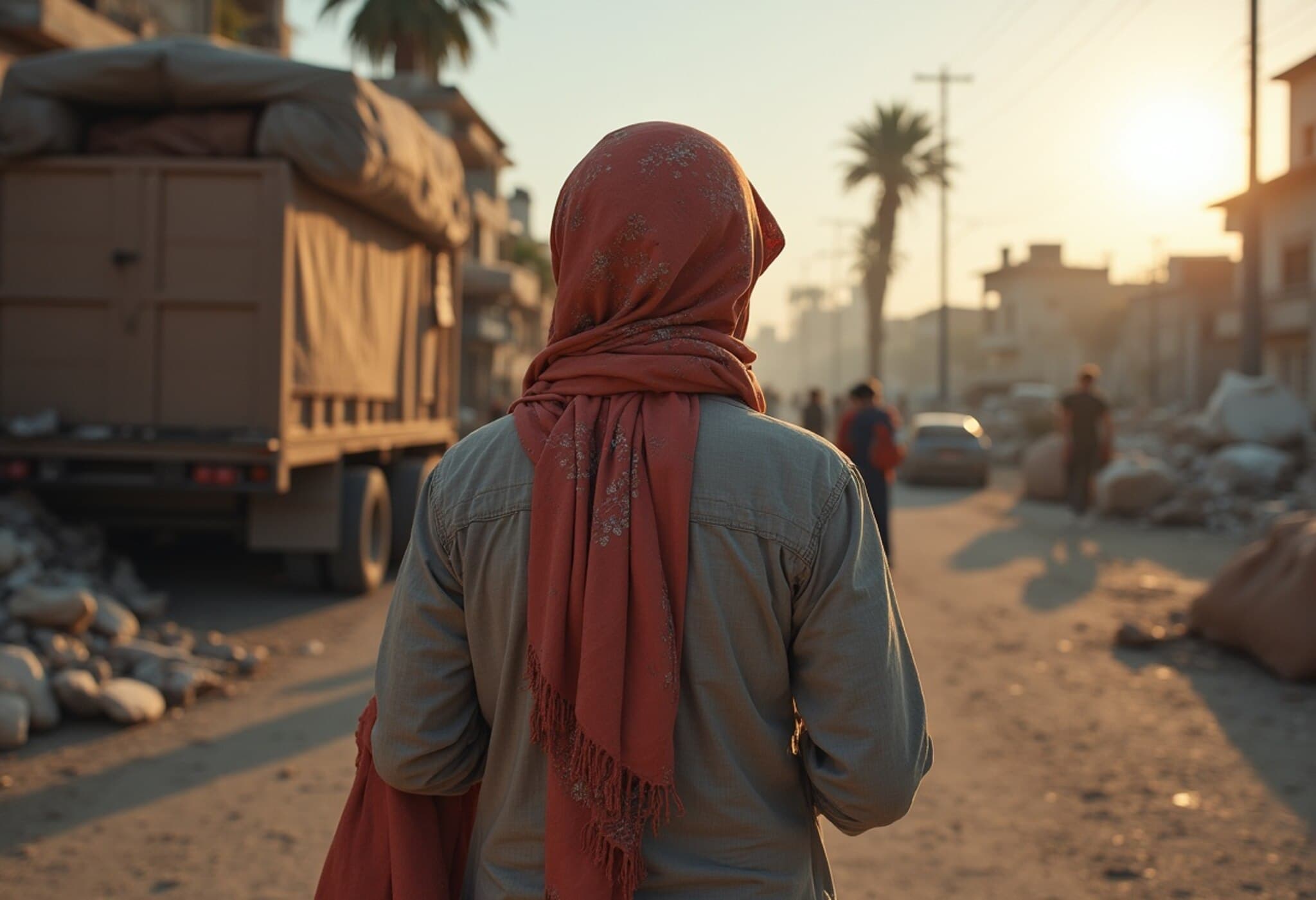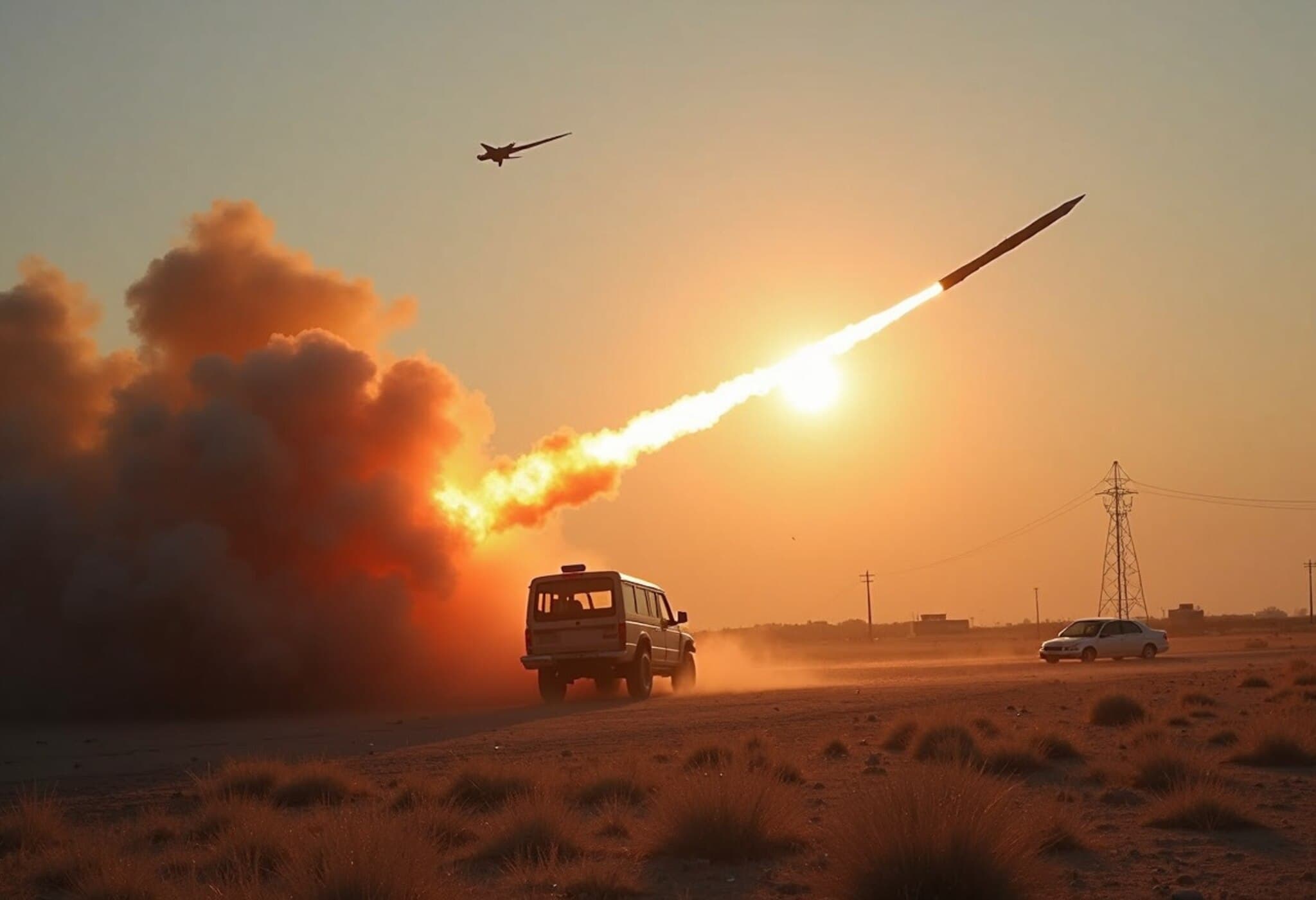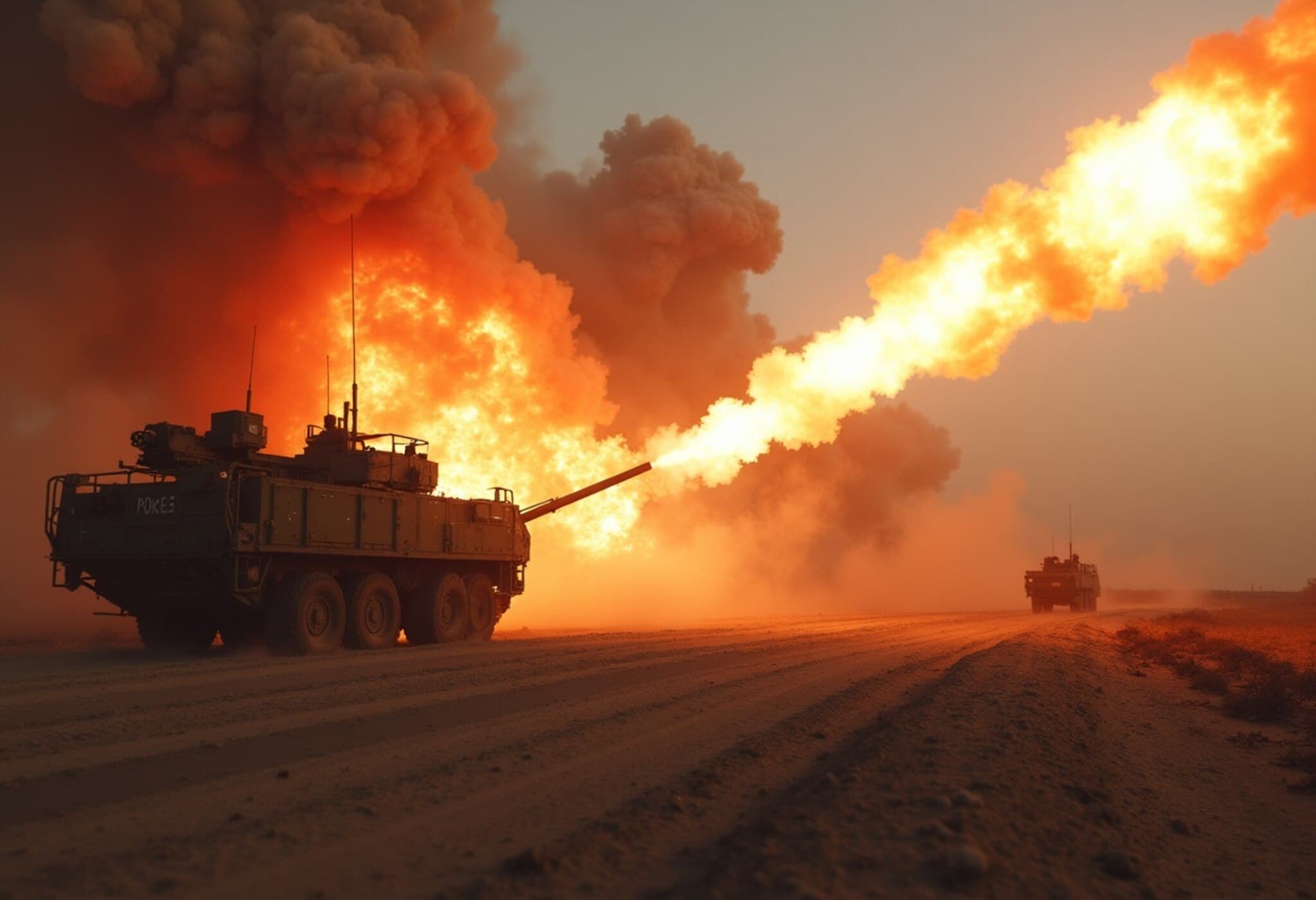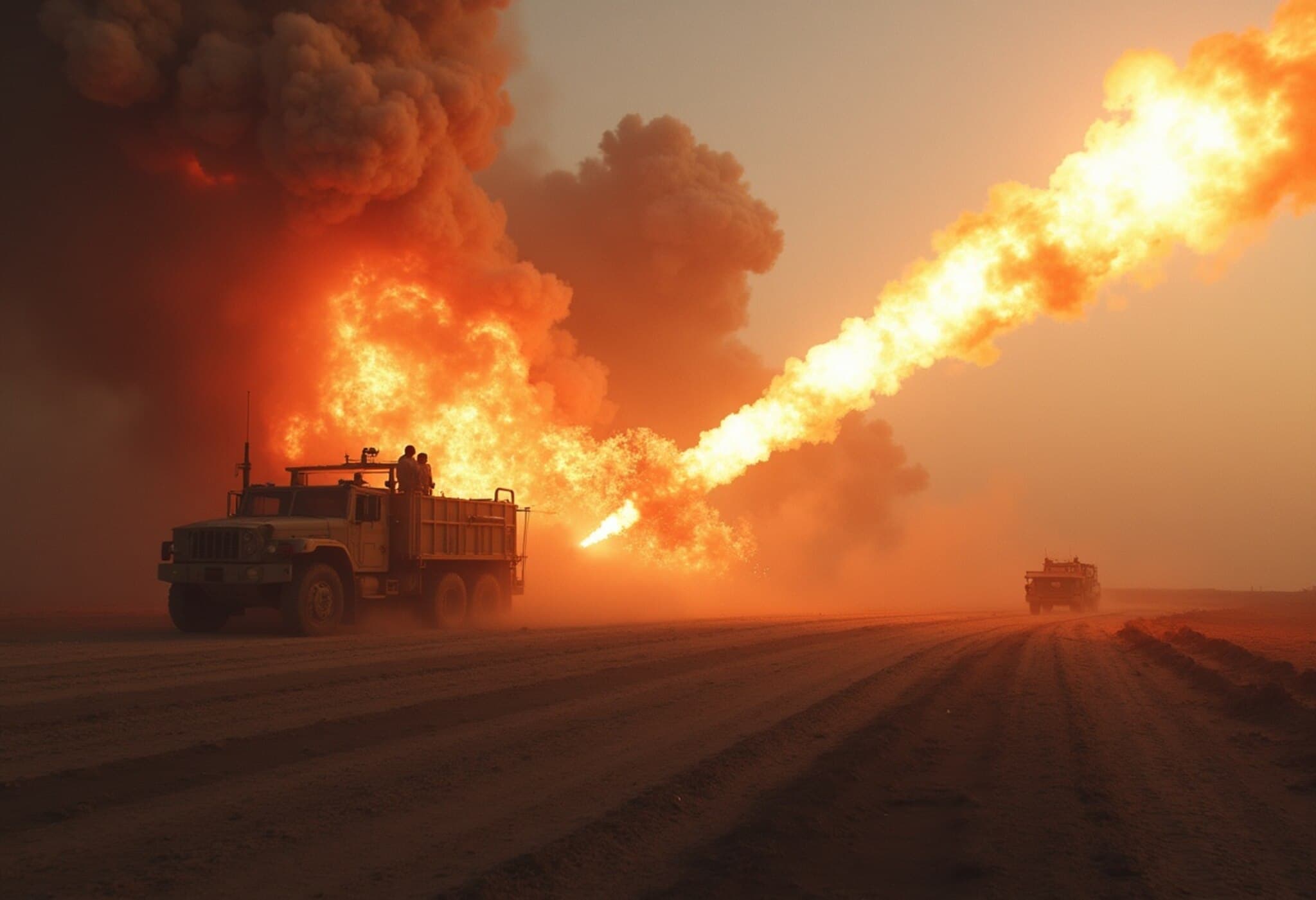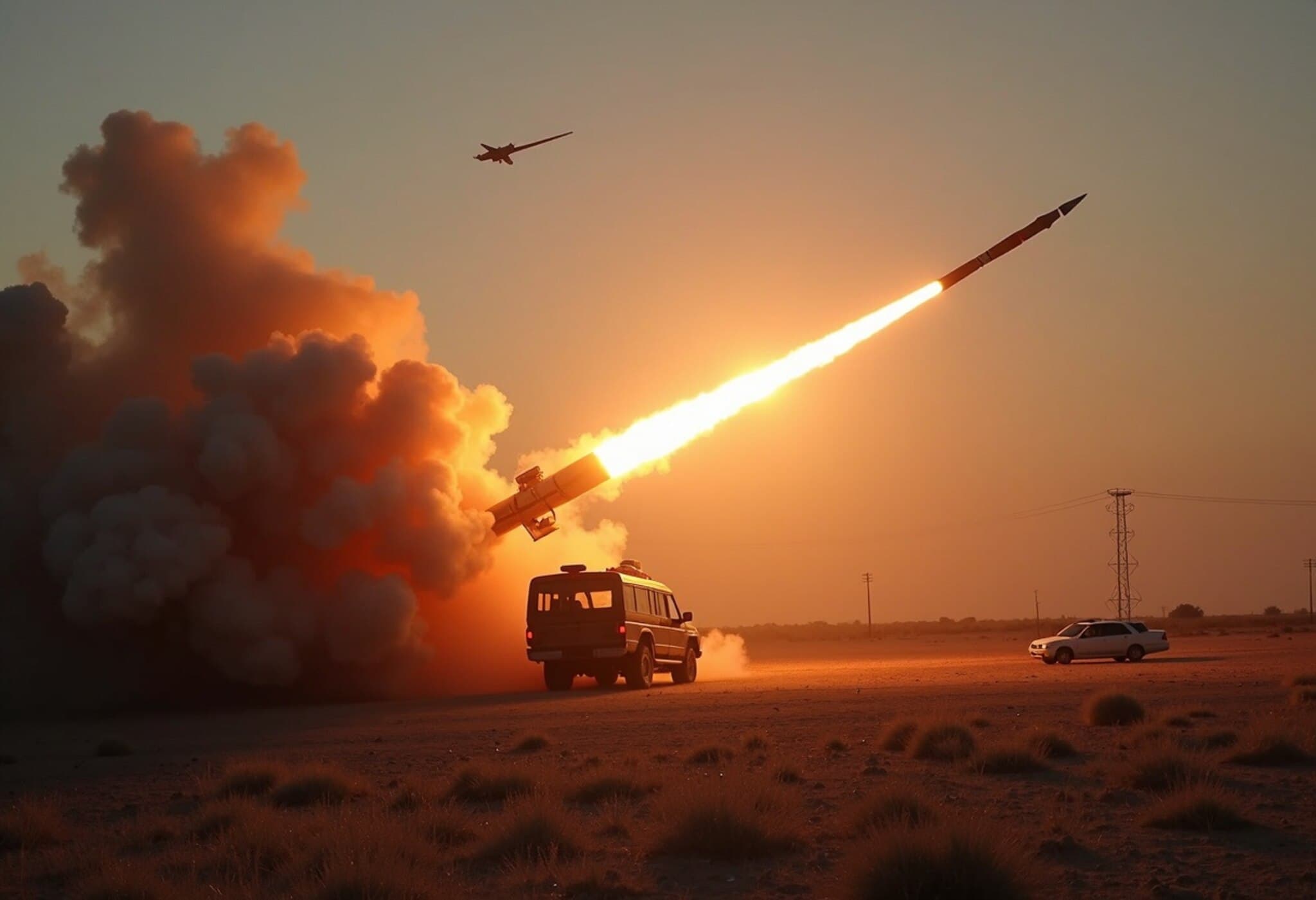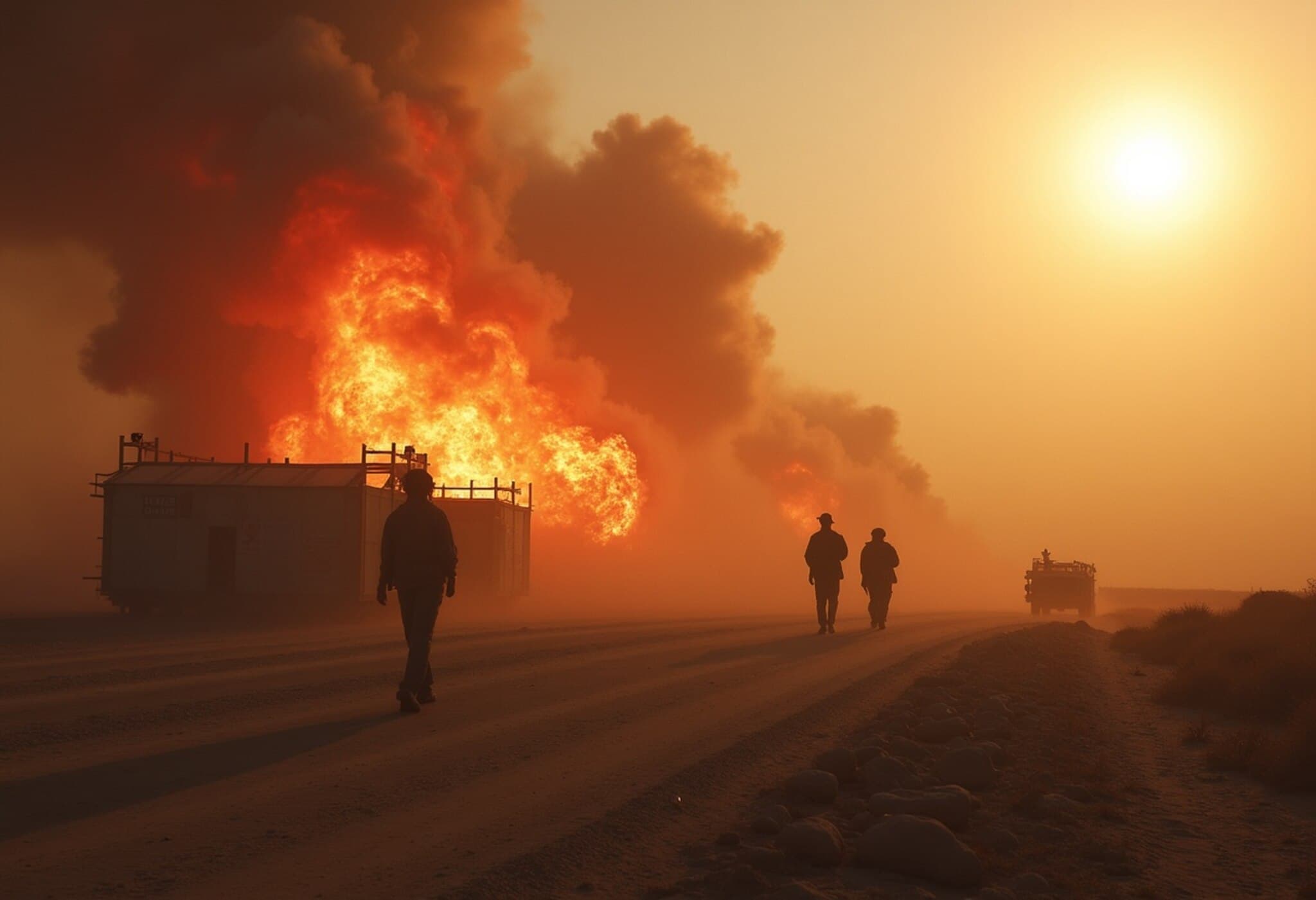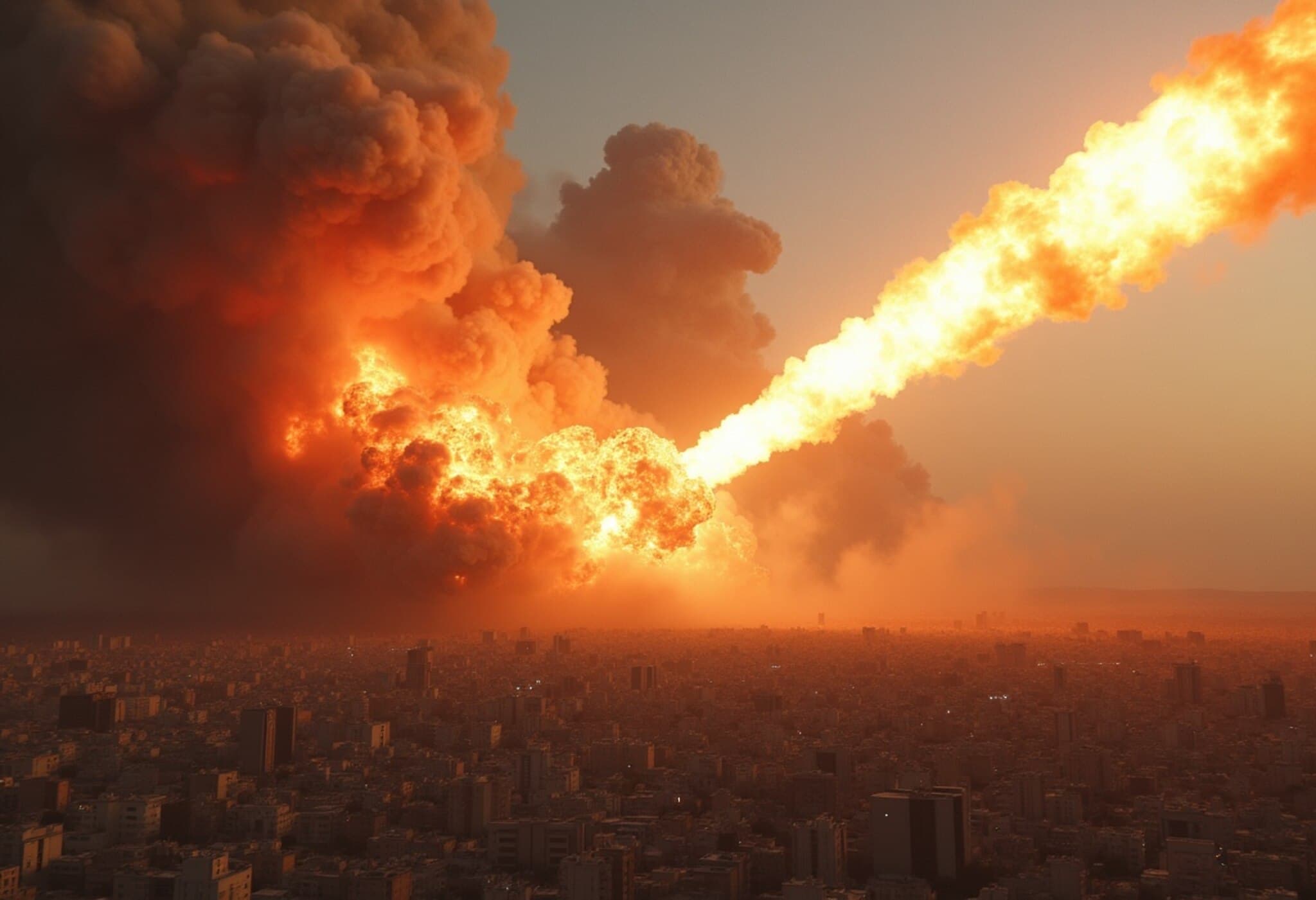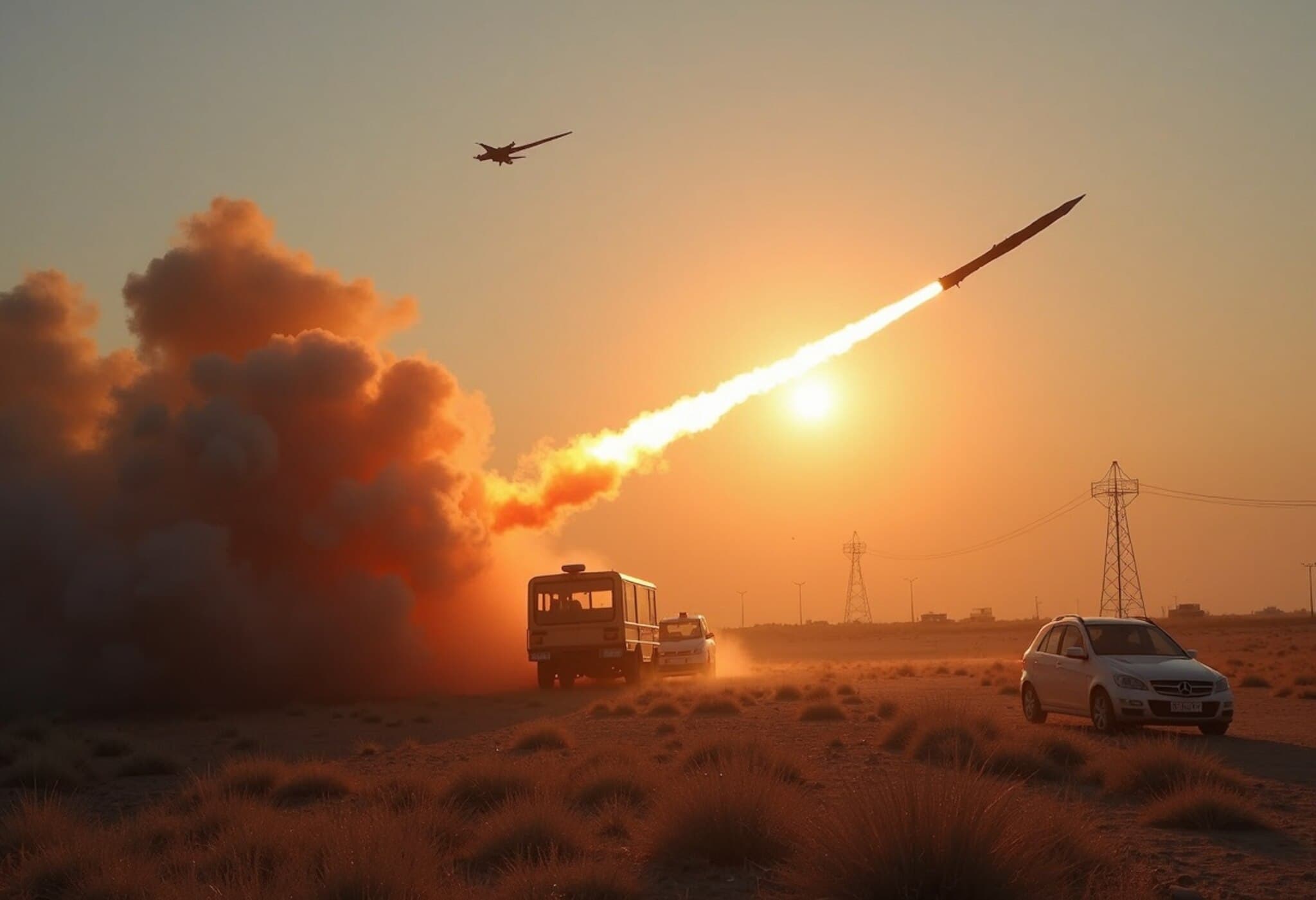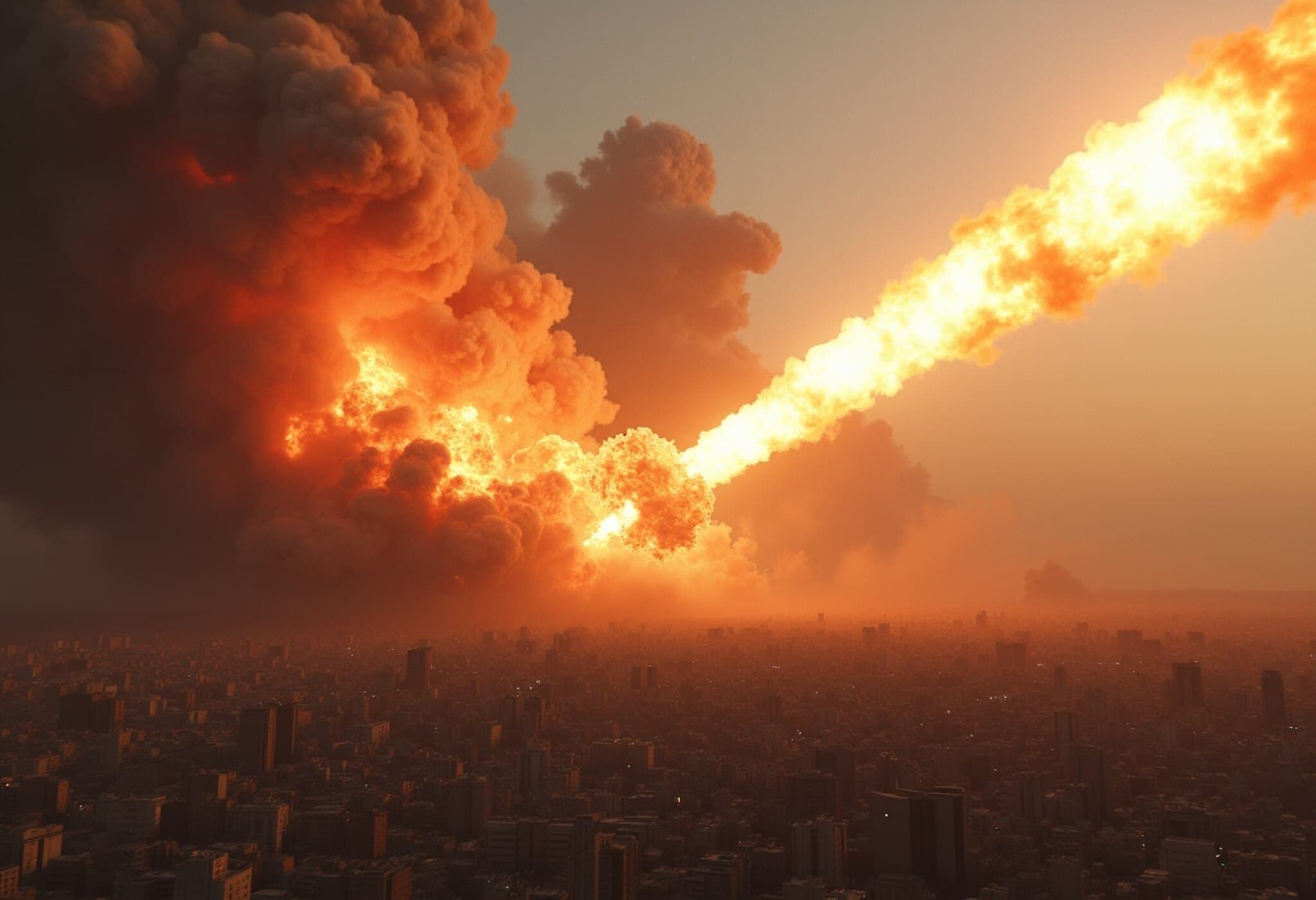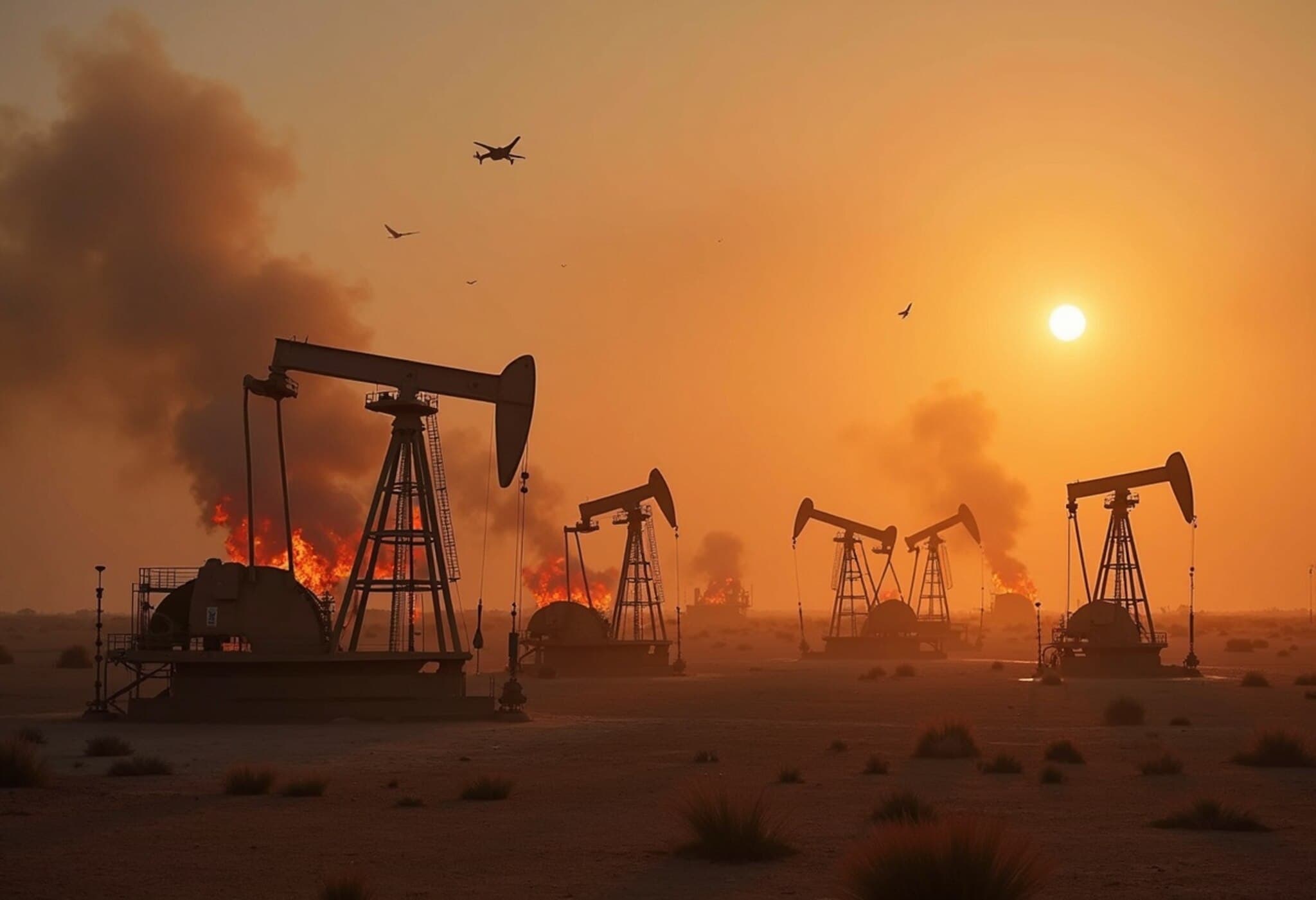Rapid Escalation: A 72-Hour Overview of Israel-Iran Tensions
Over the past three days, a fierce exchange of missile strikes has thrust the Middle East into one of its most precarious moments in recent memory. Israel and Iran have targeted each other's critical military and nuclear sites in an intensifying clash that has raised global concerns about a potential broader conflict.
Missile Barrages Rock Israeli Cities
Early Sunday saw air raid sirens blaring across Israeli cities such as Jerusalem and Tel Aviv as missile explosions shattered the calm. Millions rushed to shelters amid the chaos. The missile attacks, attributed to Iran, tragically claimed the lives of at least eight civilians—including children—with about 200 injured.
Israeli Strikes Shake Tehran
Simultaneously, Tehran experienced a series of powerful blasts overnight, believed to be Israeli strikes targeting Iran's defence ministry and other strategic facilities. The resulting damage left smoke and rubble across the area, further heightening tensions.
Origins of the Confrontation: What Sparked the Violence?
The conflict ignited in the early hours of Friday when Israel launched a wave of missile attacks deep inside Iran. These strikes focused on nuclear and military installations in a bid to thwart Tehran's nuclear ambitions before reaching what Israeli leaders termed the “point of no return.”
A prime target was the Natanz nuclear facility—a heavily fortified underground complex. Iran downplayed the damage, asserting stable radiation levels despite the broad assault that also reportedly struck Fordo and Isfahan sites. The Israeli military claimed to have hit more than 200 locations across Iran, including air bases and missile depots.
Among the casualties were key figures from Iran’s Revolutionary Guards, such as aerospace commander Amirali Hajizadeh. Iran’s UN representative reported that the initial strikes resulted in 78 deaths and over 320 wounded.
Iran’s Forceful Retaliation
Deeming the Israeli offensive a “declaration of war,” Iran responded with relentless missile and drone attacks on Israel, targeting cities like Tel Aviv and the coastal region of Gush Dan from Friday night into Saturday.
Air raid sirens sounded relentlessly as Israelis scrambled to safety. Despite many drones being intercepted, several missiles struck populated areas, killing at least eight civilians, including women and a 10-year-old boy, while injuring more than 130.
Iran warned it was prepared to continue retaliatory measures should Israel persist with its assaults.
International Reactions and Diplomatic Strain
The rapid escalation triggered urgent global concern. The United Nations Security Council convened an emergency meeting, with the UN Secretary-General calling for immediate de-escalation and diplomatic resolutions.
While the United States was informed ahead of Israel’s operations, it denied direct involvement. Nonetheless, Iran accused the US of supporting the Israeli strikes, claiming to have “solid proof” of American military aid.
Meanwhile, the US President cautioned Iran against further retaliation, threatening more severe consequences and encouraging a return to nuclear negotiations. However, the planned talks between the US and Iran, scheduled in Oman, have been postponed indefinitely.
Leaders worldwide, including India’s Prime Minister, voiced concern and urged a swift restoration of peace and stability in the volatile region.
Regional Impact: Airspace Closures and Energy Market Turmoil
In response to mounting hostilities, several Middle Eastern countries—among them Iraq, Jordan, Syria, and Iran—closed their airspace, while major airlines suspended flights crossing the region.
On the economic front, an Israeli drone strike ignited a fire at Iran’s South Pars gas field, the world’s largest, disrupting the production of approximately 12 million cubic metres of natural gas. Though the fire is now extinguished, concerns remain high.
Consequently, oil prices surged sharply amid fears of disruption at the Strait of Hormuz, a critical corridor for about 20% of global crude shipments. The United Nations nuclear watchdog, while detecting no immediate radiation risk, has called for an emergency briefing to evaluate the broader ramifications of these attacks.
Looking Ahead
The volatile cycle of attacks between Israel and Iran over recent days has derailed diplomatic efforts and spurred fears of a wider regional conflict. International appeals for calm face significant challenges as both sides brace for further confrontations. The world watches closely, hopeful that dialogue can eventually prevail over violence.

